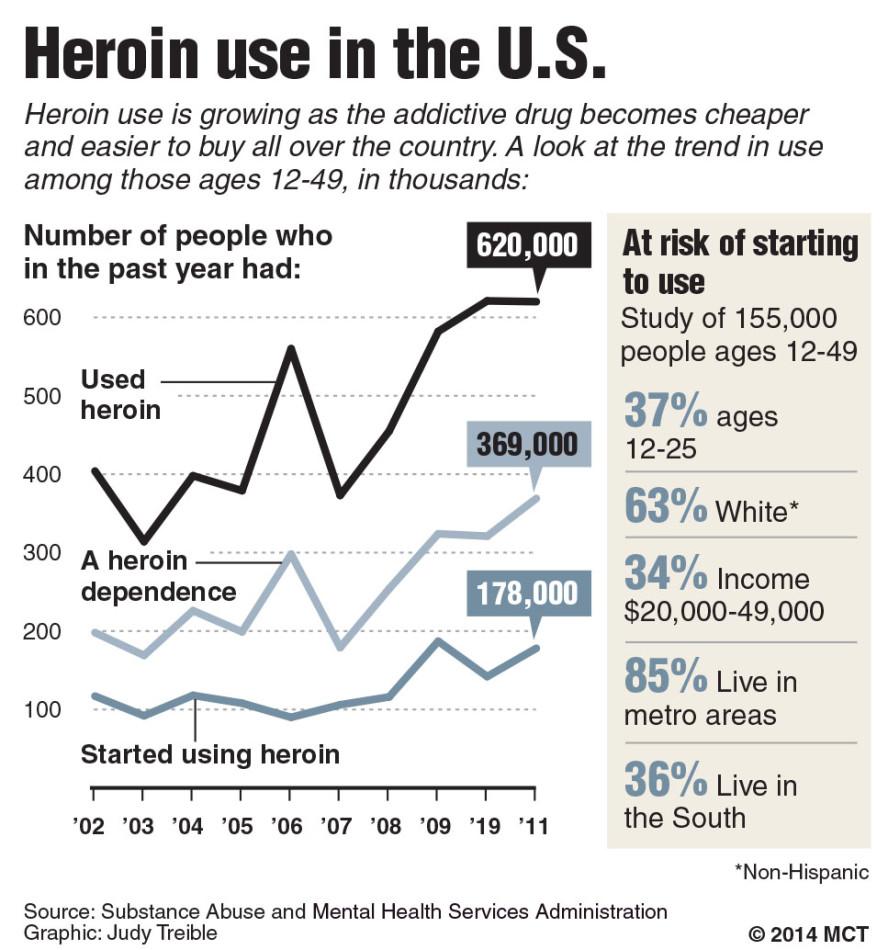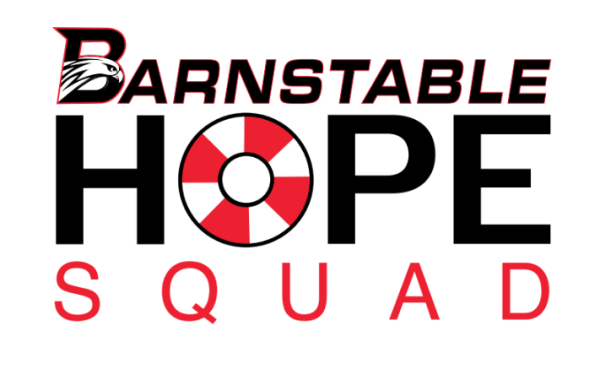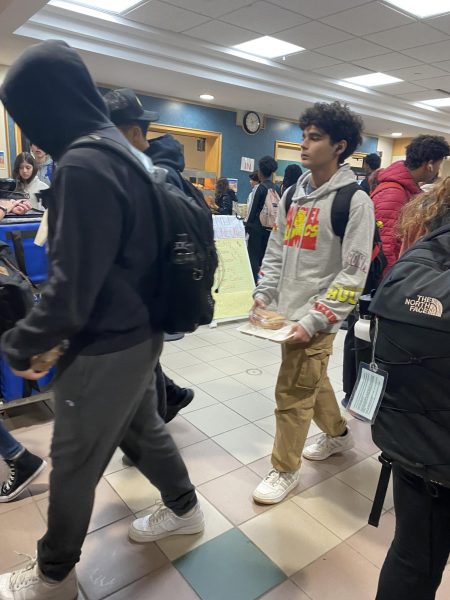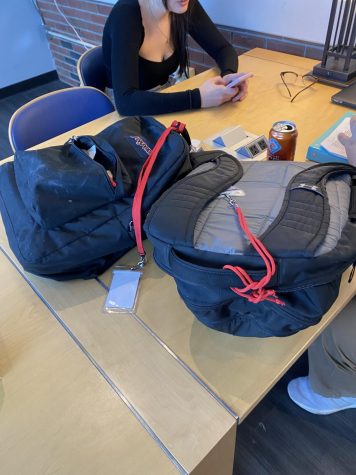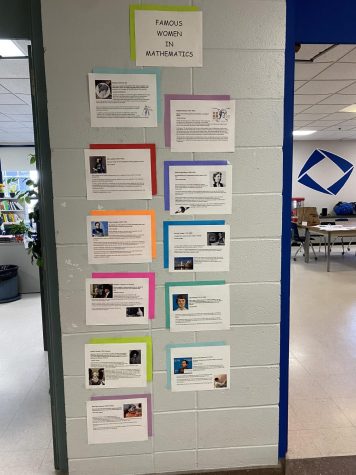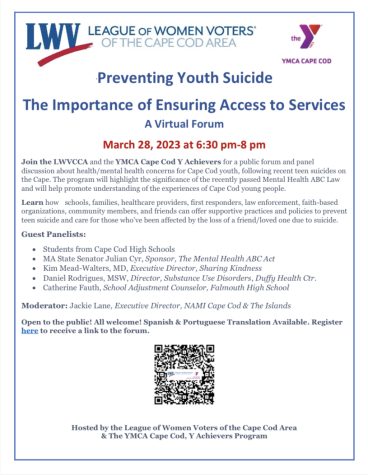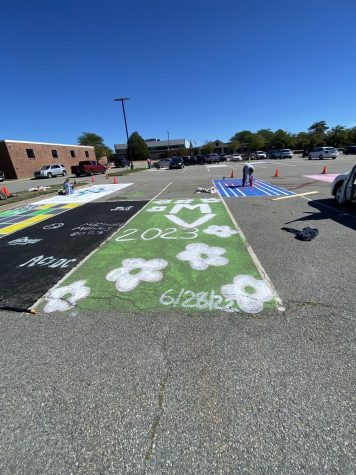Hot Button: Opiate Epidemic Escalates Across MA
Gov. Declares Sate-Wide Emergency Due to Overdose Deaths
Photo by MCT Campus
Chart shows the number of people ages 12-49 who have in the past year: used heroin, have a heroin dependence, initiated using heroin.
April 28, 2014
On March 27, Gov. Deval Patrick declared a public health emergency due to the opiate epidemic sweeping across Massachusetts. Statewide, there have been over 185 deaths due to opiate overdoses between November and February, not including Worcester, Springfield and Boston, the Cape Cod Times reported. Patrick is providing $20 million to go towards drug abuse prevention, treatment, intervention and recovery programs.
The state Department of Public Health has also banned the painkiller Zohydro because of its misuse among opiate addicts. Additionally, the department is mandating that all prescriptions given out by pharmacies and physicians will be monitored. Also among these measures, police officers are now able to carry Narcan, a drug used to reverse the effects of an overdose, the Cape Cod Times reported.
“We need the political will…[to] identify that it’s a problem,” Anne Sylvia, BHS substance abuse counselor and mental health counselor for Gosnold Treatment Center, said about solving the opiate overdose problem in New England.
Sylvia attributes this rise of opiate popularity due to the extreme potency of the drugs. Heroine is also very popular because of how inexpensive it is. “Once its been used it’s enticing to keep using… it’s highly addictive, there are not many recreational users.” She said that heroin is also being mixed with another drug called fentanyl, which is a powerful opiate that makes heroin much more potent and dangerous.
Mrs. Janis McGrory of Harwich lost her daughter to a heroin overdose. Her daughter, Elizabeth LeFort, 23, died Jan. 6, 2011.
McGrory said that, “losing my child was the single most devastating event in my life.” She said that LeFort “was kind, thoughtful, [and] always willing to help.” LeFort was a good student who graduated tenth in her class, but she started using drugs recreationally, such as ecstasy and cocaine, in her sophomore year. This then lead to her using more dangerous drugs like oxycodone and heroin, McGrory said.
Though McGrory said that her daughter had been in and out of at least a dozen detox and rehab centers, her addiction led to crime. She went to court numerous times on theft charges, to sell stolen items for money to buy drugs, and possession.
Sylvia said that heroin is such a unique drug in particular because it crosses all socioeconomic patterns. She said she’s seen 70 year-old addicts as well as 18 year-old addicts. She said not one race is affected more than another.
“The face of an addict needs to change from the stereotypical one [of someone] living in the gutters…to the cute girl sitting beside you on the bleachers,” McGrory said.
Officer Reid Hall, BHS school resource officer and Barnstable detective, said that he hasn’t seen an opiate problem at BHS or any other high school on Cape Cod. He said the main problem he runs into with students at BHS is with marijuana.
As for the source of where the opiates come from, Sylvia said she didn’t know, but Hall and Sylvia both agreed that most of the heroin from the Cape trickles down from New Bedford.
McGrory said that the one solution for halting the popularity of prescription painkillers, like oxycodone, is for pharmacies and doctors to be more responsible with their prescriptions. She said that highly addictive drugs shouldn’t be given out by doctors so indiscriminately. “…just one pill can change your life forever,” McGrory said.
“Using drugs can be a coping mechanism… it becomes a quick way to numb feelings,” Sylvia said, adding that the key to solving drug abuse is to “develop alternative coping skills.” Sylvia said that there are also new treatments that can medically help someone recovering from addiction. One specific drug called Vivitrol blocks the receptors of the brain that are affected when someone tries to get high from an opiate drug.
Sylvia said that her main focus is figuring out what the solution is to conquer this epidemic. She said that there are various programs that teens and adults can turn to for help, such as the Alateen support groups and the Gosnold Treatment Center in Falmouth.
BHS students can also visit Sylvia at any time in room 2305B if they have any concerns about drug abuse in their own lives or for their friends and family.


